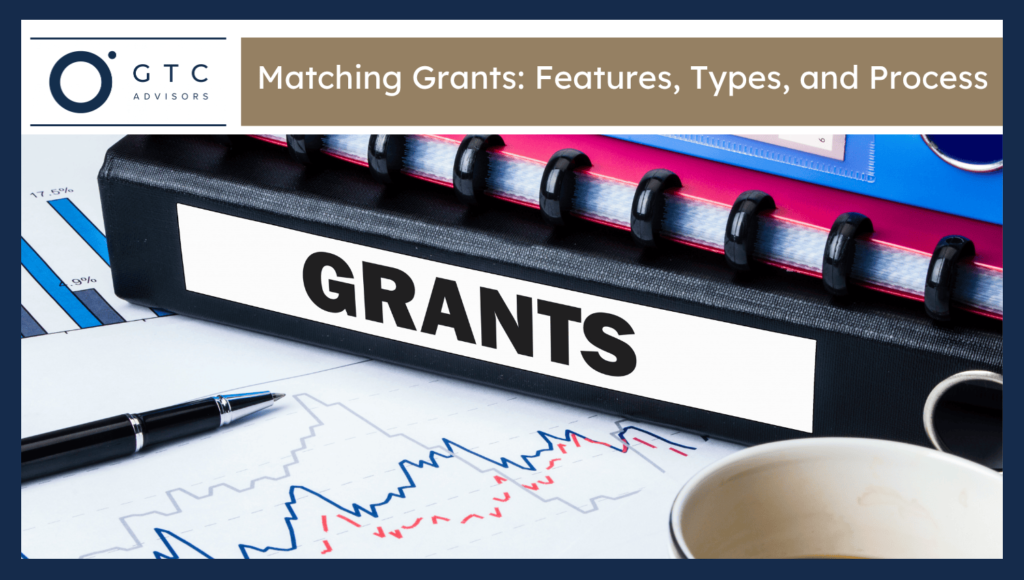A matching grant is a type of funding in which organisations need to contribute a percentage of the full amount as fresh donations or in-kind service. The matched amount is normally between 20% and 100%, but the rules of funders are applied. These grants are also called challenge grants and are aimed at assisting organisations in expanding the base of their funding and finding more supporters. Matching grants motivate others and inspire participation by creating a sense of shared responsibility. The matches often do not provide the original grant money until the organisation raises the matching amount, making it a powerful motivation to raise money.
What Are the Key Features of Matching Grants?
Below are the five key features of matching grants:
- Cost-Sharing Requirement: Matching grants require recipients to contribute to a certain degree of a set percentage and shared financial responsibility.
- Eligible Match Sources: Matches can be made by cash, volunteer time, donations of materials or services; it is based on the grant requirements.
- Documentation Needed: Recipients are needed to maintain clear records to be able to provide evidence of all matching funds or in-kind contributions, such as receipts or signed letters.
- Flexible Use of Funds: Many matching grants allow flexibility in using the funds for a variety of project-related expenses..
- Encourages Partnerships: The matching grants encourage the recipients to find other donors to assist, and this enhances community participation.
What Are the Types of Matching Grants?
Here are five common types of matching grants:
- Cash Match Grants: These grants require the receiver to provide real cash for the project. The budget has to be based on new donations or approved sources. Any donations have to be properly traced and reported.
- In-Kind Match Grants: These can be in the form of non-cash donations, volunteer time, donated materials or professional services. Each contribution needs to have a fair market value. Each in-kind contribution also needs to be documented properly.
- Challenge Grants: These grants are given, provided the organisation gathers a given sum of money from other donors. They are applied to promote fundraising among citizens. This assists in developing broader support for the project.
- Federal or State Matching Grants: These are grants offered by government agencies to fund such programs as education, healthcare, or public service. They are usually associated with strict match requirements. Detailed reporting is also required.
- Private Foundation Matching Grants: These are provided by nonprofit or family foundations to assist with fundraising. The matching terms are usually less strict. It facilitates the ability to attract various forms of donors.
What is the Application Process for Matching Grants?
Below are the five main steps involved when applying for a matching grant:
- Grant Announcement: Basic grant information is published by the funding agency. These consist of eligibility, matching amount, deadline and application method.
- Proposal Development: The applicant writes a project plan. It addresses objectives, principal activities, results, and the provision of matching support.
- Budget Justification: A clear budget is presented showing the total expenditure in the project and equal contributions. Every cost is described, and it is according to the requirements of the grant.
- Submission and Review: The whole application is made within the specified due date. The proposal is considered by the reviewers according to specific evaluation criteria.
- Award and Contract Finalisation: Once selected, the recipient is then given an award letter upon selection. Both parties agree to a contract of match details and reporting procedures.
How Are Matching Grants Managed and Monitored?
Here are the key steps involved in managing and tracking matching grants:
- Verification of Matching Funds: The organisation verifies that the contributing match funds have qualified. They take the form of receipts, donation letters or timesheets of in-kind support.
- Ongoing Reporting: Progress and financial reports on a regular basis are provided. These updates show how the grant and matching funds are utilised.
- Audits and Financial Reviews: Some grants include audits or financial checks. These reviews provide appropriate utilisation of grant funds and matching funds.
- Final Reports: At the completion of the project, a full report is given. It contains results, financial summaries and match verification.
Who Provides Matching Grants?
Here are the main sources:
- Matching grants provided by Federal Agencies are often highly specific and are used to fund research, education, healthcare and public service projects.
- The State Governments fund local programs with matching grants on topics such as community development, safety, and facilities.
- Private Foundations provide matching grants to promote fundraising that addresses causes, including health, education, the arts, and social services.
- Corporate Giving Programs offer matching contributions in the form of employee donation matches or partnering with nonprofits in their corporate social responsibility programs.

George C. Tagg, Jr.
George serves as a trusted counsel to business leaders, non-profit executives, and management teams. George is a licensed attorney with a master’s in international affairs and over 20 years’ experience in the U.S. Congress, Department of State, Department of Defense, global public policy, and political campaigns.


